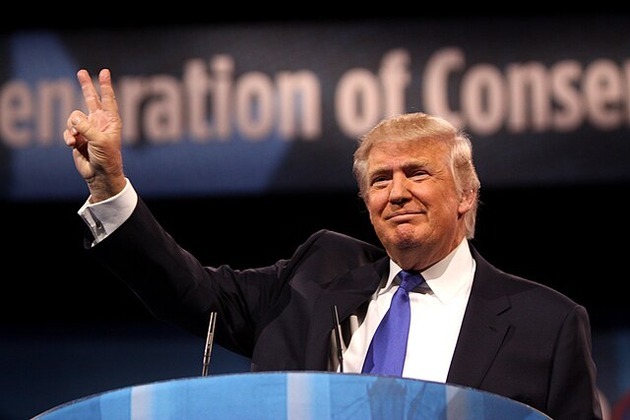Move FM Global News

Trump order may open 401(k)s to private equity and cryptocurrency
Aug 10, 2025NEW YORK CITY, New York: Millions of Americans saving for retirement could one day see private equity and cryptocurrency added to their 401(k) investment options under an executive order signed by President Donald Trump, potentially giving these industries long-coveted access to trillions of dollars in retirement funds.
The order directs the Labor Department and other agencies to redefine what qualifies as an approved asset under the Employee Retirement Income Security Act of 1974 (ERISA), which governs U.S. retirement plans. Currently, most 401(k) accounts are invested in stocks, bonds, cash, and a small share of heavily traded commodities like gold. Employers are legally required to act in the best interests of their employees when offering investment options.
There will be no immediate changes. Federal agencies must first draft and finalize new regulations, likely a process of months or longer, before employers can expand available choices. Once implemented, retirement plans could include alternative assets such as private equity, cryptocurrencies, and real estate.
The move is a win for the US$5 trillion private equity sector, which has long sought access to 401(k) accounts, and for cryptocurrency firms, many of which supported Trump’s 2024 campaign and are seeking mainstream acceptance. Bitcoin rose two percent this week to $116,542, nearly doubling since Trump was elected.
Under former President Joe Biden, regulators approached crypto investments in retirement accounts “with extreme care” due to volatility. Cryptocurrencies such as Bitcoin and Ethereum can swing 10 percent in a single day, compared with two percent to three percent for major stock indexes.
“It was inevitable that bitcoin would make its way into American 401(k)s,” said Cory Klippsten, CEO of Swan Bitcoin. “As fiduciaries realize bitcoin’s risk-adjusted upside over the long term, we’ll see growing allocations, especially from younger, tech-savvy workers.”
For private equity firms, 401(k) access would unlock a vast pool of new capital. Blackstone CEO Steve Schwarzman has described this as a “dream” for the industry since at least 2017. Private equity has historically returned about 13 percent annually since 1990, versus 10.6 percent for the S&P 500, but investments are illiquid, often tied up for years until underlying companies are sold.
Bryan Corbett, president and CEO of the Managed Funds Association, said the industry looks forward to creating “a thoughtful framework” with the Trump administration to expand retirement options “with appropriate investor guardrails.”
Even after new rules are finalized, it could take years before private equity and crypto appear widely in retirement plans. Major firms like Fidelity, Vanguard, and T. Rowe Price would need to design compliant products, and employers may be slow to change plan menus.
Vanguard said it has not committed to offering private assets in defined contribution plans but will continue to educate investors “to ensure a clear understanding of the opportunities and risks.”


